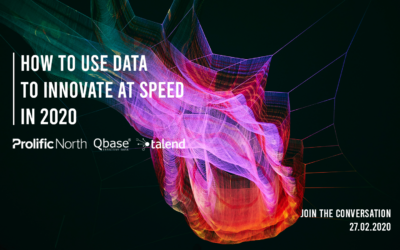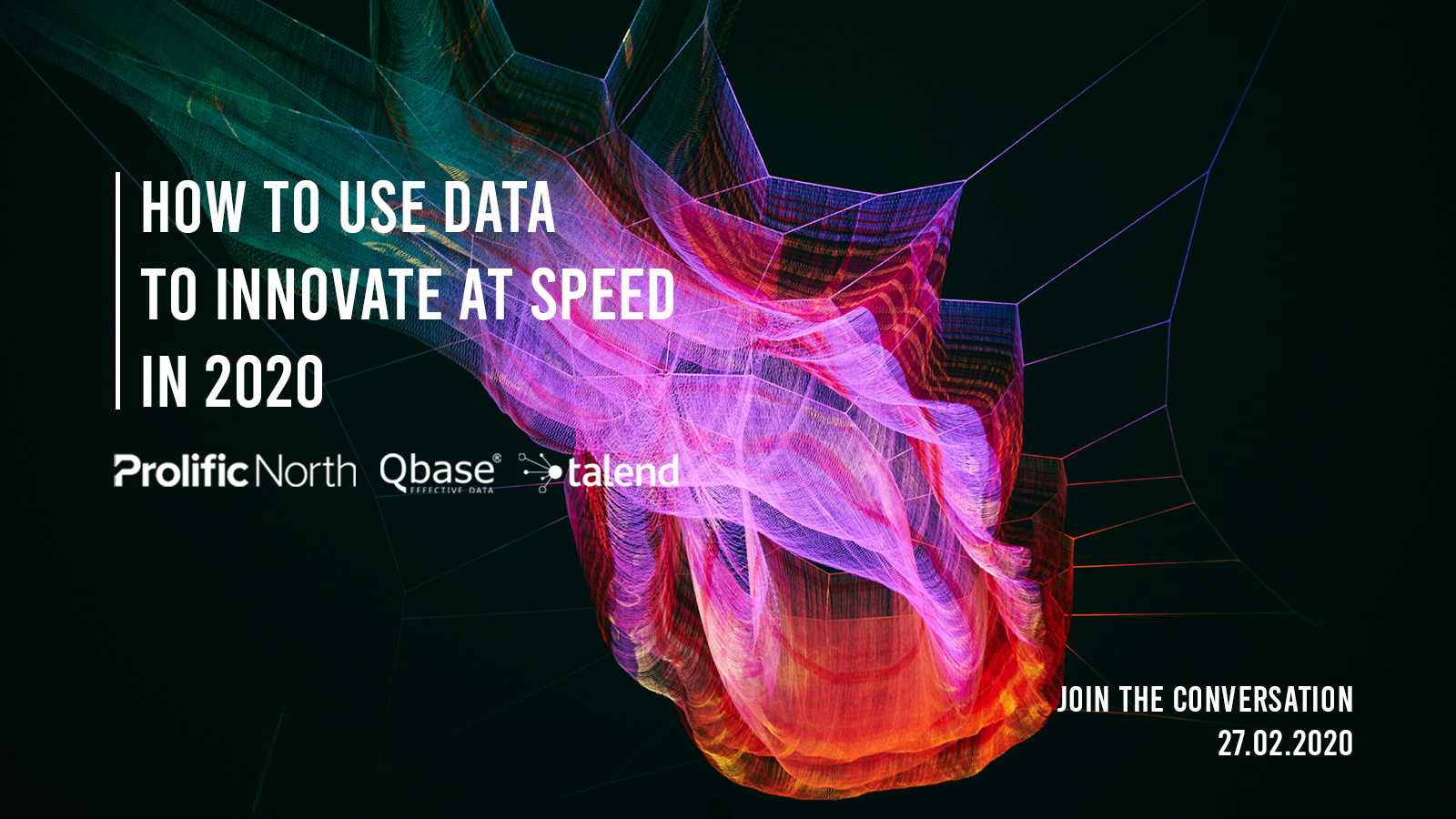Jean-Michel Franco, Senior Director Product Marketing at Talend, emphasises that Digital Transformation can’t happen without data, used quickly and accurately. If you can combine new sources of data to produce insights and dodge challenges, the results will be undeniable.
Today’s increasingly competitive market is forcing organisations to become more data-driven. To support key business objectives such as growth, profitability and customer satisfaction, businesses must digitally transform and become reliant on more and more data to make laser sharp decisions faster.
According to IDC, the global data sphere will more than quadruple by 2025, growing from 40ZB (40 billion terabytes) in 2019, to a whopping 175ZB in size by 2025.
Building Your Data-Driven Enterprise
Gartner predicts that through 2020, integration tasks will consume 60% of the time and costs of building a digital platform.
To get going with data, companies must solve these two problems at the same time, and do it at scale. The data must be timely, because digital transformation is all about speed, accelerating time to market – whether for real-time decision making or delivering personalized customer experiences.
However, most companies are behind the curve. In fact, only 40% of CIOs are delivering results in line with the speed required.
But speed isn’t enough. Because the question remains – can the data be trusted? For data to enable decisionmaking and deliver exceptional customer experiences, data integrity is required.
This means delivering accurate data that’s providing enough of a complete picture to make the right decision, and has traceability; it’s crucial to know where the data is coming from. This is also a major challenge for organisations. According to the Harvard Business Review, on average, 47% of data records are created with critical errors that impact work.
Companies which are digital leaders can rapidly combine new sources of data to produce insights for innovation, or respond to a new threat or opportunity – because they can deliver accurate and complete data that the business can trust. And they do this at the speed required to compete and innovate. For these organizations, data has become a strategic differentiator – and a perfect example is Domino’s Pizza.











